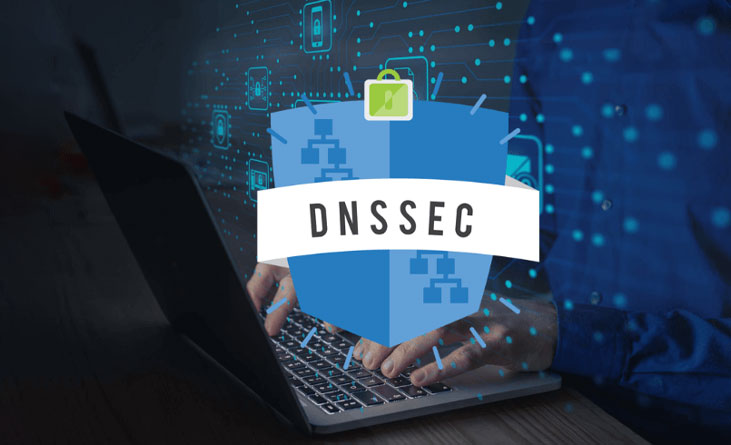In today’s interconnected world, the Domain Name System (DNS) plays a critical role in ensuring that we can access websites and services with ease. However, the DNS is not immune to security threats. As cyberattacks become increasingly sophisticated, it’s crucial to fortify the DNS against vulnerabilities. This is where DNS Security Extensions (DNSSEC) come into play, providing a robust layer of protection through cryptography.
What is DNSSEC?
DNSSEC is an abbreviation for “Domain Name System Security Extensions.” It is a set of cryptographic protocols that are designed to enhance the security of the DNS. DNSSEC was developed to address the inherent vulnerabilities of DNS, which were exploited by attackers to perform various types of attacks, such as DNS cache poisoning and man-in-the-middle attacks.
How Does DNSSEC Work?
DNSSEC employs a system of cryptographic signatures and keys to verify the authenticity and integrity of DNS data. Here’s a simplified overview of how it works:
- Signing Zones: To start, DNSSEC requires the DNS administrator to digitally sign DNS zone data, which includes information about domain names and their corresponding IP addresses. These signatures are created using private keys.
- Key Distribution: Public keys, derived from the private keys, are made available in DNS records. These keys allow DNS clients to validate the signatures on the DNS data they receive.
- Validation: When a DNS client, like a web browser, requests DNS information, it also requests the associated DNSSEC information. The client then uses the public keys to validate the DNS data’s digital signatures. If everything checks out, the client can trust the data.
- Chain of Trust: DNSSEC establishes a chain of trust from the root zone to the authoritative DNS server for a specific domain. This ensures that data remains untampered from its source to its destination.
Benefits of DNSSEC
Implementing DNSSEC offers several advantages:
- Data Integrity: DNSSEC guarantees that the DNS data hasn’t been tampered with during transit. This protection extends to both DNS responses and zone data.
- Authentication: DNSSEC provides a means of authenticating DNS data, ensuring that it originates from a legitimate source. This helps prevent man-in-the-middle attacks.
- Trustworthiness: By establishing a chain of trust, DNSSEC enhances the overall trustworthiness of the DNS, making it more resilient against malicious activities.
- Protects End-Users: End-users are less likely to be misled to malicious websites, as DNSSEC ensures that they are directed to the intended websites. Integrated web filtering further enhances this protection by preventing access to harmful or inappropriate content.
DNSSEC Implementation
To deploy DNSSEC, the DNS administrator needs to generate and manage cryptographic keys, configure DNS servers to support DNSSEC, and sign DNS zone data. The process can be complex, and ongoing maintenance is required to ensure the keys are up-to-date. Many DNS software and service providers offer tools and guidance to simplify the implementation of DNSSEC.
DNSSEC Challenges
While DNSSEC provides a robust security framework for DNS, it’s not without challenges. Key management, compatibility issues, and increased DNS packet size are some of the hurdles that administrators may face when implementing DNSSEC. However, these challenges are outweighed by the significant benefits it offers in enhancing DNS security.
Conclusion
DNSSEC is a crucial tool in bolstering DNS security with the power of cryptography. It helps prevent data manipulation, unauthorized access, and redirection to malicious websites. As the digital landscape becomes increasingly vulnerable to cyber threats, implementing DNSSEC is a proactive step in safeguarding your organization’s online presence and protecting your users’ data.
By adopting DNSSEC, you contribute to a safer and more secure internet, ensuring that the Domain Name System serves its intended purpose while keeping malicious actors at bay. Take the initiative to strengthen your DNS security and fortify your online presence with DNSSEC.


